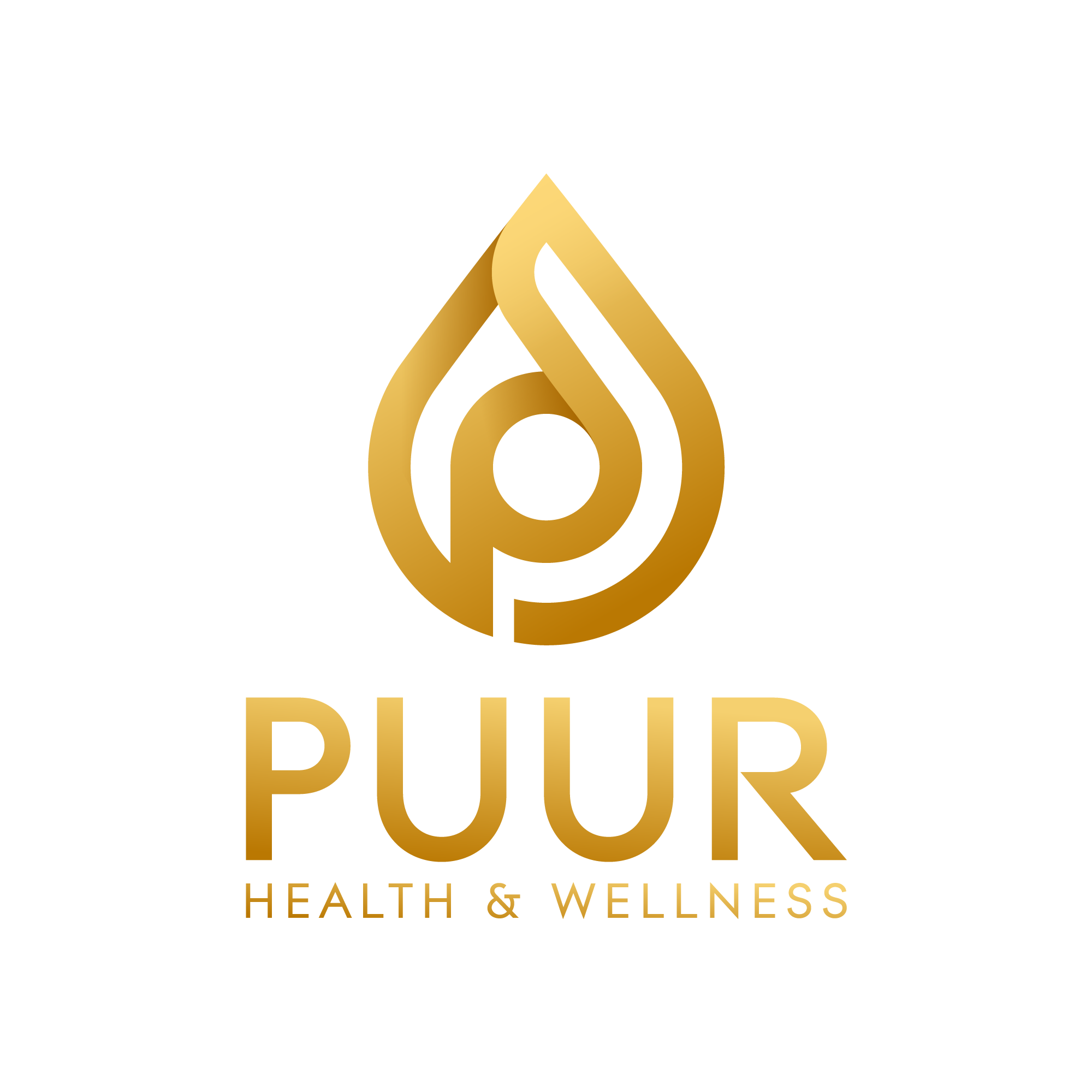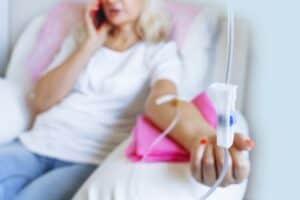So you just got your B12 injection and feeling good? That’s awesome! Vitamin B12 is crucial for keeping our energy levels up, brains sharp, and bodies functioning smoothly. But listen, while you’re probably chomping at the bit to get back to your regular routine, there are a few things to keep in mind to maximize the benefits of your shot and avoid any potential discomfort.
Here’s the lowdown on what not to do after a B12 injection:
What Not to Do After Getting A B12 Injection
1. Don’t Rub the Injection Site
Right after the shot, you might feel a little soreness or tenderness at the injection site. It’s tempting to rub it to soothe the discomfort, but resist the urge! Rubbing can irritate the area and increase your risk of infection. The best approach? Leave it alone and let the soreness subside naturally.
Imagine the injection site as a tiny wound. Rubbing it can irritate the area and slow down the healing process. Instead, let it rest and heal naturally.
2. Don’t Soak in a Hot Bath or Jacuzzi… Yet:
A nice hot bath sounds like the perfect way to unwind after a busy day, especially after a B12 shot that’s hopefully giving you an energy boost. But hold on a sec! While a warm shower is perfectly fine, avoid soaking in a hot bath, jacuzzi, or any other source of intense heat for at least 24 hours.
Why? Hot water can irritate the injection site and potentially delay healing. Think of it like this: Hot water is like a magnifying glass for the sun. It might feel good initially, but it can also intensify any existing discomfort. Besides, wouldn’t it be a shame to spoil your relaxing bath with unnecessary soreness?
3. Don’t Go All Out with Strenuous Activity:
Feeling energized after your B12 shot is a great sign! However, don’t let that newfound energy lead you straight into a super-intense workout session. It’s best to take it easy for the next 24 hours, especially if you’re not used to strenuous activity.
Think about it like this: Your body is still processing the B12 and gearing up to function at its best. Pushing it too hard with an intense workout might leave you feeling depleted instead of revitalized. Aim for a light walk or some gentle stretching to ease your way back into your routine.
4. Don’t Forget to Hydrate
Vitamin B12 is water-soluble, meaning it dissolves in water. So, to ensure your body absorbs the B12 effectively, staying hydrated is key.
Here’s a fun way to think about it: Imagine your body as a sponge. B12 is the cleaning solution, and water is what helps it spread and do its job effectively. Without enough water, the B12 can’t reach all the nooks and crannies of your system. So, keep that water bottle handy and sip throughout the day!
5. Don’t Drown Your Sorrows (or Joys) in Alcohol
While celebrating your B12 shot or unwinding after a long week might involve a drink, it’s best to avoid alcohol for at least 48 hours after your injection.
The reason? Alcohol can interfere with your body’s ability to absorb B12. It’s like throwing a wrench into the finely tuned B12 absorption machine. Plus, alcohol can dehydrate you, which, as we mentioned earlier, isn’t ideal after a B12 shot.
If you like this article, you may also like “What to Expect After A B12 Injection”
Maximizing Your B12 Shot: Post-Injection Tips
Now that you’ve had your B12 injection, you’re well on your way to feeling more energized and revitalized. To maximize the benefits of your treatment, here are some additional tips to keep in mind:
Listen to Your Body
Pay close attention to how you feel after the injection. While mild soreness or redness at the injection site is normal, severe pain, swelling, or any other unusual symptoms should be reported to your healthcare provider immediately. If you experience any adverse reactions, such as an allergic reaction, seek medical attention promptly.
Maintain a Balanced Diet
A balanced diet rich in B12-rich foods can help maintain optimal B12 levels. Incorporate lean meats, poultry, fish, eggs, and dairy products into your diet. If you follow a vegetarian or vegan diet, consider fortified foods like plant-based milk and nutritional yeast.
Manage Stress
Chronic stress can deplete B12 levels and weaken your immune system. Incorporate stress-management techniques into your daily routine, such as meditation, yoga, or deep breathing exercises. These practices can help reduce stress hormones, improve mood, and boost your overall well-being.
Consider Other Nutrient Deficiencies
Low B12 levels can sometimes be linked to deficiencies in other essential nutrients, such as iron and folate. If you’re experiencing persistent fatigue, weakness, or other symptoms, it’s important to consult with a healthcare provider to rule out any underlying nutrient deficiencies.
Regular Check-ups
If you’ve been diagnosed with B12 deficiency, it’s important to schedule regular check-ups with your doctor to monitor your B12 levels and adjust your treatment plan as needed.
Who needs vitamin B12 shots?
Vitamin B12 injections are primarily recommended for individuals who have a confirmed B12 deficiency or conditions that impair their ability to absorb B12 from food. This includes:
- People with Pernicious Anemia: An autoimmune condition that prevents the absorption of B12 from the gut.
- Individuals with Gastrointestinal Disorders: Such as Crohn’s disease, celiac disease, atrophic gastritis, or those who have had gastric bypass surgery or other stomach/intestinal resections, which can interfere with B12 absorption.
- Vegans and Vegetarians: Since B12 is primarily found in animal products, those on strict plant-based diets are at a higher risk of deficiency and may need supplementation.
- Older Adults: As we age, stomach acid production can decrease, making B12 absorption more challenging.
- Individuals Taking Certain Medications: Some medications, like proton pump inhibitors (PPIs) for acid reflux or metformin for diabetes, can interfere with B12 absorption.
- People with Chronic Fatigue or Unexplained Low Energy: After ruling out other causes, B12 deficiency might be a contributing factor.
- Those with Neurological Symptoms: B12 deficiency can cause nerve damage, leading to symptoms like numbness, tingling, balance issues, or memory problems.
A healthcare professional will typically conduct blood tests to diagnose a B12 deficiency before recommending injections.
How much vitamin B12 do I need?
The recommended daily allowance (RDA) for vitamin B12 for most adults is 2.4 micrograms (mcg). However, this amount is generally obtained through diet. For individuals with a diagnosed B12 deficiency or impaired absorption, the dosage for B12 injections is significantly higher to replenish stores and manage symptoms.
Typical injection dosages can range from:
- 1,000 mcg (1 milligram) given weekly, monthly, or on a less frequent schedule depending on the severity of the deficiency and the individual’s response.
- In some cases, especially at the beginning of treatment for a severe deficiency, injections might be given more frequently (e.g., daily or every other day) for a short period before transitioning to a maintenance schedule.
It’s crucial to emphasize that the specific dosage and frequency of B12 injections must be determined by a healthcare professional. They will consider your B12 levels, the cause of your deficiency, your overall health, and your response to treatment to create a personalized plan. Self-dosing with B12 injections is not recommended.
Benefits
As detailed earlier in the article, the key benefits of B12 shots, particularly for those with a deficiency, include:
- Increased Energy Levels: Combats fatigue and lethargy.
- Improved Mood and Mental Clarity: Supports neurotransmitter function.
- Enhanced Red Blood Cell Production: Prevents or reverses anemia.
- Support for the Nervous System: Protects nerves and improves neurological function.
- Better Sleep Quality: Can indirectly contribute to more regulated sleep.
- Boosted Metabolism: Aids in energy conversion from food.
- Support for Hair, Skin, and Nails: Promotes cellular reproduction and health.
Risks
While B12 injections are generally considered safe, especially when administered under medical supervision, there are some potential risks and side effects to be aware of:
- Pain, Redness, or Swelling at the Injection Site: This is the most common side effect and is usually mild and temporary.
- Mild Nausea or Diarrhea: Less common, but can occur.
- Allergic Reactions (Rare): Although rare, some individuals can have an allergic reaction to the injection, ranging from a rash or itching to more severe symptoms like swelling of the face, tongue, or throat, dizziness, or difficulty breathing. Seek immediate medical attention if this occurs.
- Headache: Some people may experience headaches.
- Acne: In some cases, B12 injections have been linked to breakouts.
- Serious Complications (Very Rare): Extremely rare but possible severe side effects can include congestive heart failure in individuals with certain heart conditions, or polycythemia vera (a blood disorder).
It is always important to discuss your full medical history and any existing conditions with your healthcare provider before starting B12 injections to ensure they are safe for you.
Frequently Asked Questions
Can I get B12 shots if I’m not deficient?
While B12 shots are primarily for those with deficiencies, some individuals (like athletes or those seeking an energy boost) choose them even without a diagnosed deficiency. However, it’s always best to consult a healthcare professional to ensure it’s appropriate for your needs and to avoid unnecessary supplementation.
Are B12 shots painful?
The injection itself is usually a quick, minor pinch. Most people describe it as very tolerable, similar to a routine vaccination. Any soreness after is typically mild and short-lived.
How often do I need B12 injections?
The frequency depends on your individual needs and the severity of any deficiency. It can range from daily or weekly initially for severe cases, to monthly or even every few months for maintenance. Your doctor will determine the right schedule for you.
Can B12 injections help with weight loss?
B12 is involved in metabolism and energy production, so if a deficiency is contributing to low energy and making it hard to exercise, injections might indirectly support weight loss efforts by boosting energy. However, B12 shots are not a weight-loss magic bullet and must be combined with diet and exercise.
How long do the effects of a B12 shot last?
The immediate energy boost can last from a few days to a week. However, the B12 itself can stay in your system longer, with effects on red blood cell production and nerve health lasting for weeks or months, depending on your deficiency and injection frequency.
What foods are rich in Vitamin B12?
Vitamin B12 is naturally found in animal products like meat (especially liver), fish (salmon, tuna), poultry, eggs, and dairy products (milk, cheese, yogurt). Some fortified cereals and nutritional yeasts also contain B12
Conclusion
B12 injections can be a valuable tool for addressing B12 deficiency and improving overall health. However, it’s important to consult with a healthcare professional to determine if B12 injections are right for you. By understanding the potential benefits and risks, as well as what not to do after a B12 injection, you can make informed decisions about your health.
Ready to boost your B12 levels? Contact PUUR Health and Wellness today to schedule a consultation with our experienced healthcare professionals. We offer a range of IV therapy services, including B12 injections, tailored to your specific needs
Learn More About PUUR Health and Wellness Here
Resources:


